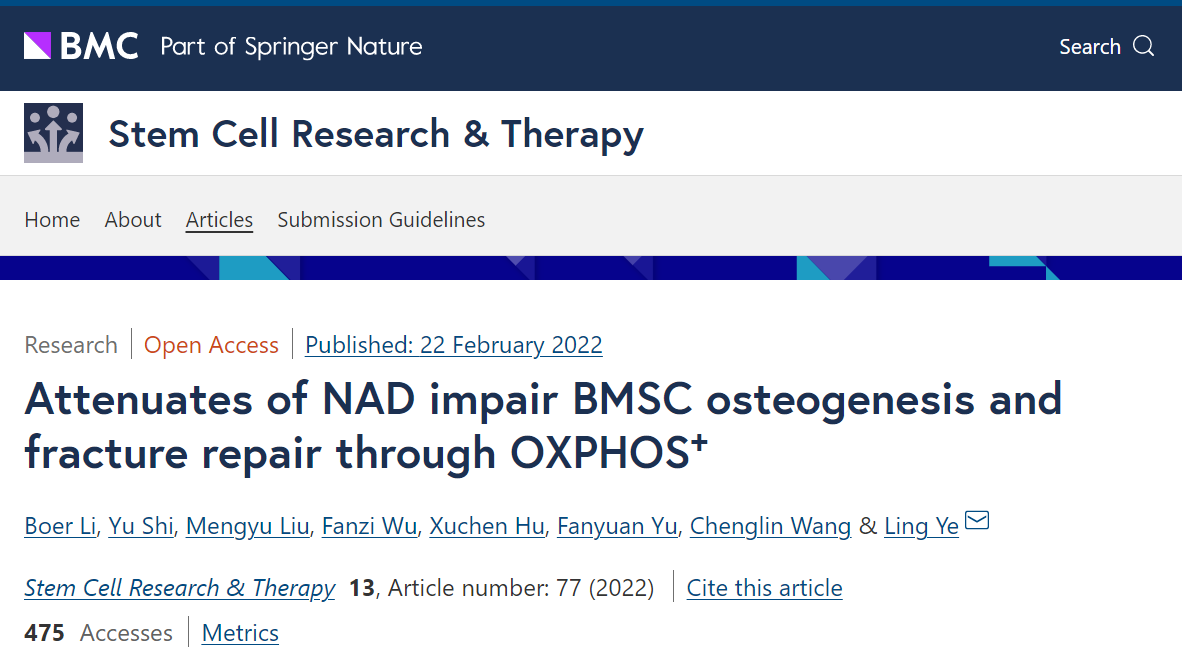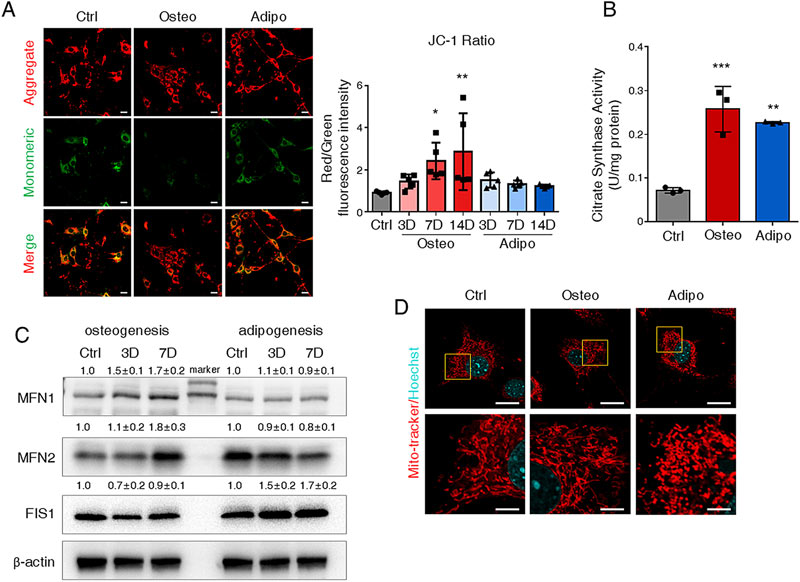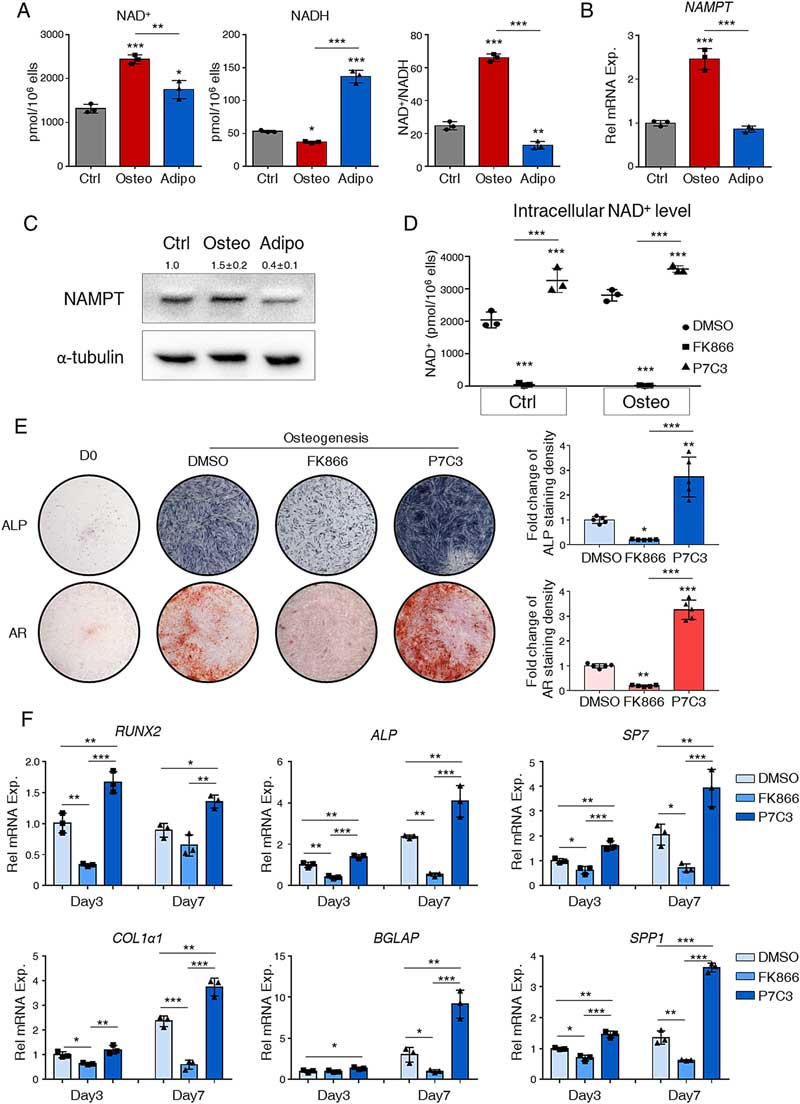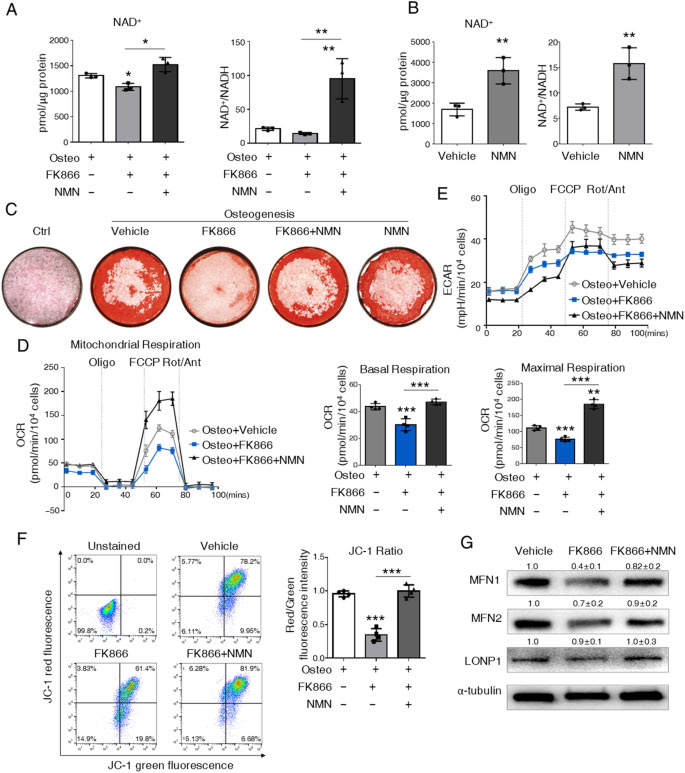
Oct 14, 2024 / Author: China Glutathione suppliers & NMN manufacturers
Since ancient times, traditional Chinese medicine and health science have paid great attention to bone maintenance. Traditional Chinese medicine says: nourishing bones is nourishing life. The state of our bones not only affects our health, but also our quality of life.
Doctors have found that bones and joints play a key role in maintaining healthy activity levels in older adults;
However, once a fracture is broken in the elderly, the probability of death within a year is up to 50%.
In the clinic, some elderly people, even to the age of 80 or 90, as long as the bone and joint condition is better, not easy to occur osteoporosis and necrosis of the femoral head, motor function is often maintained well, daily life and social activities can be carried out.
However, if bone lesions occur, patients not only have to endure pain, but also have complications such as depression and weakness.
The quality of life is seriously reduced, the function of various organ systems is also decreased, and the aging process is accelerated.
When a bone is broken, stem cells in the bone marrow orchestrate a multi-stage process to repair and heal the fracture. These stem cells in the bone marrow are called bone marrow mesenchymal stem cells (BMSCs) and are essential for bone regeneration.
Delayed or failed fracture healing, which occurs in 5-10% of cases, can often be traced to insufficient or dysfunctional bone marrow mesenchymal stem cells.
Bone marrow mesenchymal stem cells (BMSCs) are currently being developed as seed cells for tissue regeneration and stem cell therapy. These self-regenerative cells have the potential to differentiate into many types of cells, including osteoblasts and fat-producing cells (adipocytes).
Bone marrow mesenchymal stem cells (BMSCs) transform into these cells in a mutually exclusive manner. That is, they usually mature into one of these two lineages. Understanding how to tilt the balance to control the maturation of bone marrow mesenchymal stem cells (BMSCs) into osteoblasts has significant implications for bone repair.
Multiple factors contribute to the lineage commitment of bone marrow mesenchymal stem cells (BMSCs) to bone or fat formation, including extracellular environment and cellular metabolism. Oxidative phosphorylation, the main pathway through which cells produce energy, is one of the most critical metabolic activities of mitochondria.
Cells can also produce energy in the cytoplasm through glycolysis, which is a more efficient way of energy production than oxidative phosphorylation.
Sugar metabolism through mitochondrial oxidative phosphorylation can produce 15 times more energy than glycolysis.
Little is known about the role of oxidative phosphorylation and glycolysis in regulating fate determination and maturation of BMSC cells.
Fortunately, researchers from Sichuan University in China report finding that elevated levels of NAD + are essential for bone marrow mesenchymal stem cells to produce bone cells called osteoblasts and form bone.

The study, published in Stem Cell Research & Therapy, suggests that NAD+ may provide a potential therapeutic target for bone repair and regeneration.
Bin Li and colleagues aimed to tease out the role of metabolism and NAD + during lineage commitment of bone marrow mesenchymal stem cells (BMSCs).
Researchers at Sichuan University have shown that cultured human bone marrow mesenchymal stem cells (BMSCs) are maturing into bone-producing cells, shifting their metabolism from glycolysis to oxidative phosphorylation.
Consistent with enhanced oxidative phosphorylation, mitochondria become slender and are significantly increased in number during bone formation (osteogenesis).
In contrast, bone marrow mesenchymal stem cells (BMSCs) dedicated to maturing into adipose-producing cells showed an overall increase in metabolism, with increased oxidative phosphorylation and glycolytic activity.

They also found that NAD+ is key to the selection of bone marrow mesenchymal stem cells (BMSCs) for their bone-producing destiny.
When Bin Li and colleagues reduced NAD + levels by inhibiting NAD + synthesis with a NAMPT inhibitor (FK866), they observed impaired osteoblast maturation and osteogenesis.
These effects were reversed when NAPT activator (P7C3) elevated NAD + levels.
This study shows that NAD + is necessary to maintain mitochondrial function and oxidative phosphorylation activity during the maturation of bone marrow mesenchymal stem cells (BMSCs) to produce bone cells.
Inhibition of NAPT-damaged mitochondrial fusion by blocking NAMPT leads to mitochondrial dysfunction and decreased oxidative phosphorylation activity, followed by cessation of bone production.

Since NMN is a direct product of NAMPT, Bin Li and colleagues investigated whether NMN could alleviate the inhibition of osteoblast formation by NAMPT and salvage mitochondrial function.
NMN therapy partially restored osteoblast production and inhibition of bone formation by inhibiting NAMPT.
Notably, NMN significantly prevented the decline in mitochondrial health and function caused by NAMPT inhibition.
These data suggest that blocking NAD+ synthesis by inhibiting NAMPT inhibits BMSC osteogenesis, while bone marrow mesenchymal stem cell (BMSCs) osteogenesis can be partially restored by NMN supplementation.

The findings of Bin Li et al. are consistent with other studies on NMN and bone health.
In 2020, a mouse study concluded that:
NMN therapy can be used as a remedy for osteoporosis in aged mice.
This confluence of data could prompt future researchers to investigate the therapeutic potential of NMN in human bone formation and regeneration.
[1] https://stemcellres.biomedcentral.com/articles/10.1186/s13287-022-02748-9#abbreviations
[2] https://www.nmn.com/news/nmn-restores-stem-cells-bone-tissue-activating-nap1l2-protein
[3] https://www.nature.com/articles/s41419-019-1569-2#Sec24
Supplier Introduction: China glutathione supplier and NMN manufacturer GSHworld, the company mainly develops biotechnology and industrialization. As a global pioneer in enzymatic catalytic ATP regeneration technology, our company advocates green production and is committed to providing customers with better and more environmentally friendly products and services. Glutathione Manufacturer,NMN Factory,Citicoline Sodium supplier,China NMN manufacturers
+86-755-23577295
+86 18718790084
Room 832, Building 12, Shenzhen Bay Science and Technology Ecological Park, Yuehai Street, Nanshan District, Shenzhen China